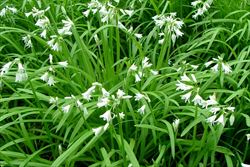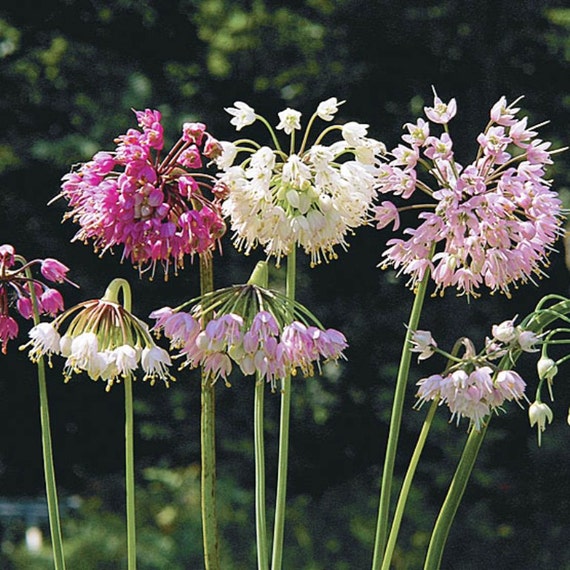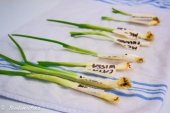
 1
1




 2
2




 1
1




Tomorrow doesn’t exist and never will. There is only the eternal now. Do it now.
 2
2




It's never too late to start! I retired to homestead on the slopes of Mauna Loa, an active volcano. I relate snippets of my endeavor on my blog : www.kaufarmer.blogspot.com
 1
1




Cindy Skillman wrote:I have a plant that grows on the hill that I nearly tried a taste of for an onion. I looked it up first, though. Here’s a link. https://naturespoisons.com/2014/11/14/dont-eat-the-death-camas-or-death-anything/ Others who didn’t have a book of local plants didn’t fare as well as I did. They still pop up once in a while, but I pull them whenever I see them. They are apparently widespread.
 2
2




Nicole Alderman wrote:just buy some bunching onions at the store and plant them! I find it easier than growing from seed, and so far all the organic bunching onions I've bought from the grocery store have been perennial.



Permaculture...picking the lock back to Eden since 1978.
Pics of my Forest Garden
 4
4




Idle dreamer
 1
1




Living in Piedmont NC, attempting restoration of four acres
 2
2




 1
1




Idle dreamer
 1
1
















 1
1




Living in Piedmont NC, attempting restoration of four acres












“The most important decision we make is whether we believe we live in a friendly or hostile universe.”― Albert Einstein




 1
1




Still able to dream.





Ken W Wilson wrote:Are they frozen solid? If they are only partially frozen they are probably ruined. It seems like if they’re completely frozen, and you keep them frozen, you could cook with them. Just guessing though.
“The most important decision we make is whether we believe we live in a friendly or hostile universe.”― Albert Einstein
 1
1




John Weiland wrote: It works pretty well for soups and stews just to grate them from frozen using a serrated knife.....seems to work good enough. Thanks!....
Permaculture...picking the lock back to Eden since 1978.
Pics of my Forest Garden
 4
4




 2
2




Mary Cook wrote:I tried garlic chives and seriously regret it as I don't really use chives; these make pretty flowers but I have been trying for years to eradicate them.

|
No matter. Try again. Fail again. Fail better. This time, do it with this tiny ad:
permaculture bootcamp - gardening gardeners; grow the food you eat and build your own home
https://permies.com/wiki/bootcamp
|




